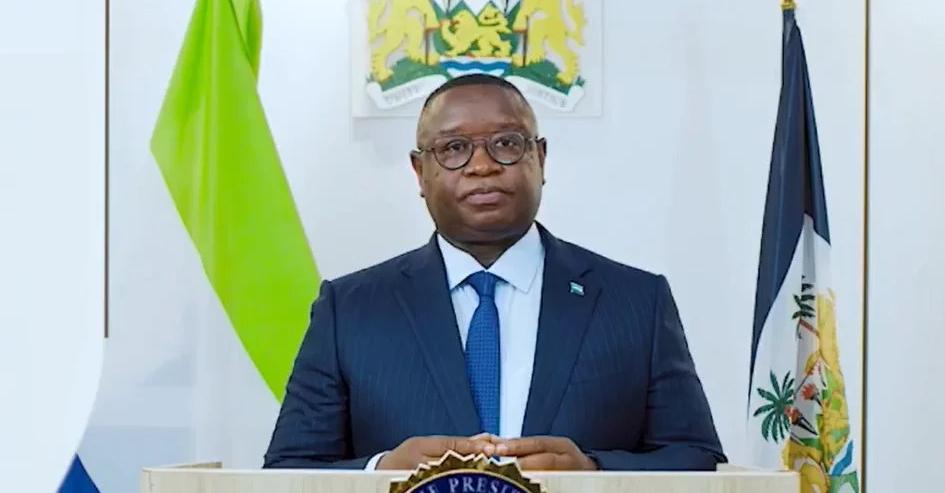In his national address yesterday, President Julius Maada Bio declared a National Emergency on Drug and Substance Abuse, signalling the gravity of the situation and the government’s commitment to tackling this very pressing issue. However, while the declaration highlights the urgency of the matter, it’s imperative to ensure that such measures are undertaken in strict adherence to constitutional provisions. As we have said on umpteenth occasions in the past, saying something in a speech does not make it law.
The necessity of complying with constitutional requirements cannot be overstated. Unfortunately, recent history reminds us of instances where constitutional procedures were bypassed, raising grave concerns about the government’s commitment to respecting the Constitution and upholding the rule of law. Take, for example, the November 26, 2023, announcement of a nationwide curfew following an alleged ‘attempted coup.’ While the intentions behind such measures may be well-founded, the manner in which they are executed is equally crucial. The Minister of Information and Civic Education’s issuance of the curfew, without the necessary proclamation by the President and parliamentary approval, raises serious constitutional concerns.
Section 29 of Sierra Leone’s Constitution grants the President the power to declare a state of public emergency when faced with imminent threats to public order and safety. Section 29 explicitly states that thus must be by Proclamation published in the Gazette. This is the legal requirement. This power is not absolute and must be exercised within the framework of the law. The failure to follow proper procedures undermines the legitimacy of such declarations and risks infringing upon the rights and freedoms of citizens.
According to the Constitution, the duration of a declaration of public emergency varies depending on parliamentary sitting. If Parliament is in session, the declaration lasts seven (7) days from the date of publication, whereas if Parliament is not in session, it extends to 21 days from the publication date. However, regardless of parliamentary sitting, any extension beyond this initial period requires approval by Parliament through a resolution passed by a two-thirds majority. Once approved, a state of public emergency can last up to 12 months, with provisions for further extensions or revocation by Parliament.
In light of these provisions, the government must ensure full compliance with constitutional provisions when declaring a state of emergency. As we grapple with the challenges posed by drug and substance abuse, it’s essential to confront these issues within the framework of the law. Upholding constitutional provisions is not only a legal requirement but also a moral imperative that ensures the protection of citizens’ rights and the preservation of democratic values.







